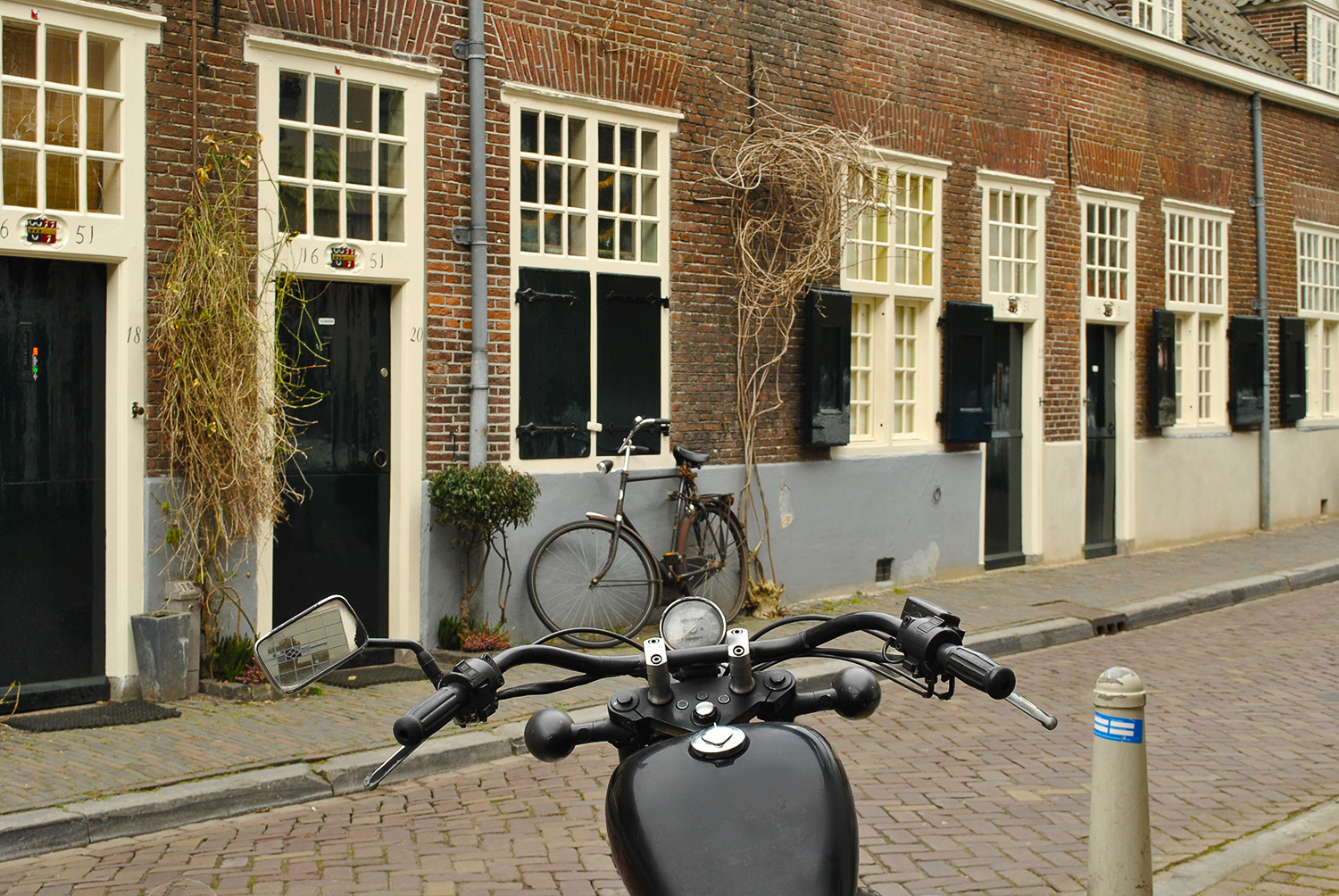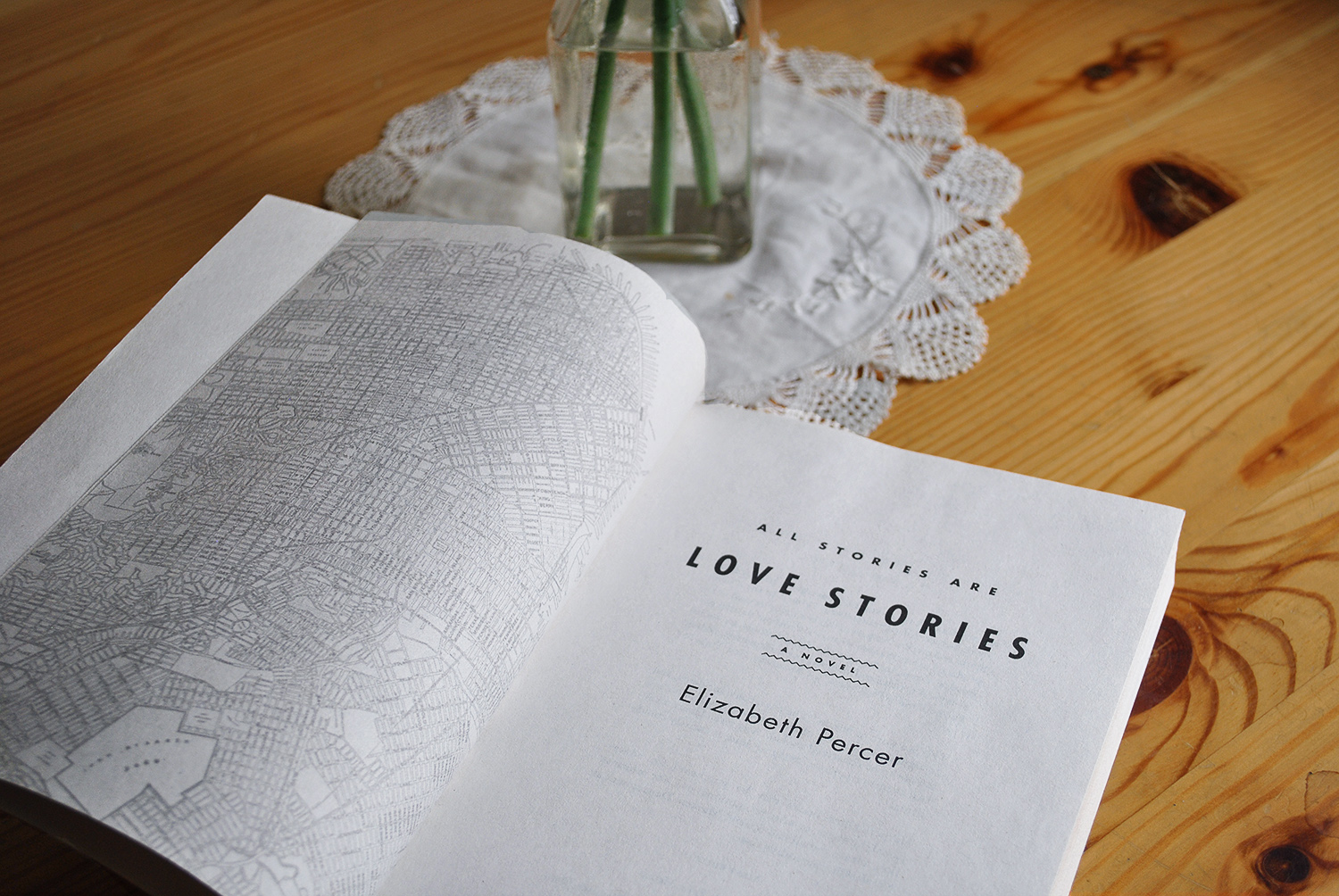
“Maybe he’d hesitated just a moment too long. It was entirely possible that he had hesitated a moment too long lots of time, which meant that not hesitating might be the work of a moment, too.”
By Elizabeth Percer
Published 2016 by Harper

 Elizabeth Percer
Elizabeth Percer


“Maybe he’d hesitated just a moment too long. It was entirely possible that he had hesitated a moment too long lots of time, which meant that not hesitating might be the work of a moment, too.”


There is a special place in my book-filled heart for Elizabeth Percer, and I’ve been waiting for her latest, All Stories Are Love Stories (Harper, 2016), for well over a year. I reached out to Elizabeth after reading her first novel, An Uncommon Education (allow me the pleasure of introduction), and among the emails we exchanged during that time, she shared that she was working on a book centered around a major earthquake and fire hitting modern-day San Francisco.
All Stories Are Love Stories reads like a preemptive eulogy of San Francisco, a glorious city at the mercy of the merciless San Andreas Fault. We perceive roads, sidewalks and buildings, even people around us, to be such permanent things, carefully placed fixtures of the here and now. When those fixtures are also legendary, like the Golden Gate Bridge, Castro Theatre or Painted Ladies, they give off an eternal quality, as if lifted from the pages of a fairytale. That all of it perches atop the softest ground, under which pressure builds unabated, almost feels like a betrayal. Modern-day San Francisco may worship at the alter of technology, but ultimately answers to the unquestionable authority of nature. It is only a matter of time, and in All Stories Are Love Stories, that time is the evening of Valentine’s Day. The book spans just 24 hours, but as experienced in crises, time breaks open and behaves erratically, so that while on one page, a minute feels like an hour, on another, a millisecond changes ever little thing.
Rather than a sweeping story of a city in crises, the story zeros in on the lives of Max, Vashti and Gene. We meet all of them hours before their lives are upended, so that once the earthquake hits and the larger story of disaster unfolds, it is interrupted only by stories from these characters’ pasts. This is not about people in the midst of happily ever after when disaster strikes. This is about people in the midst of pain, confusion and heartache when disaster strikes, making it feel all the more ill-timed. You will enjoy these characters, especially Franklin (Gene’s partner), who says things like this:
“Our city is dying. The soul’s sucked out of her. And I don’t care if speaking the truth makes me unpopular.
It’s a hell of a lot better than that crap you were dishing up. I mean, a twenty-first century Gold Rush? Millennial prospectors? You kids are nothing but starry-eyed naïfs with overworked vocabularies” (107).
Perhaps rather than a eulogy, I should describe the book as an homage to San Francisco: Ina Coolbrith Park, Nob Hill Masonic Center, Grace Cathedral, Brunswick Hotel, Transamerica Pyramid and Huntington Park, among others, all make an appearance. I remember the five minute drive from my apartment in Berkeley to Aquatic Park, from where you can see both the Bay Bridge and the Golden Gate Bridge, entry points to a floating city shrouded in fog. It is enlivening to be connected to something so grand, and though this book reminds me of that feeling, it also reminds me of all there is to lose. Whether it is a life, a relationship, a passion or a city, All Stories Are Love Stories explores the permanency of things, and offers shining examples of what may outlast even disaster.
*
*
All Stores Are Love Stories
By Elizabeth Percer
Published 2016 by Harper

